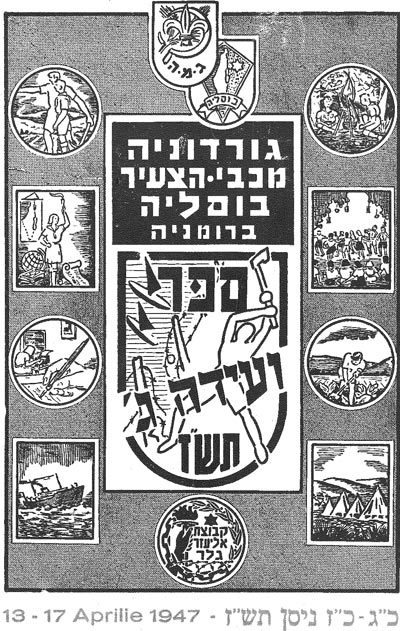VWI invites/goes to...
Cycle of VWI Fellows’ Colloquia
The VWI fellows present their intermediary research results in the context of colloquia which are announced to a small audience and are open to a public audience with an academic and topical interest. The lectures are complemented by a response or commentary by an expert in the given field and are discussed with the other fellows.
Due to the previous lack of an appropriate space, the colloquia were held at other Viennese research and cultural institutions with a topical or regional connection to the given subject. From this circumstance was born the “VWI goes to …” format.
With the move to a new institute building at Rabensteig 3, the spatial circumstances have changed, so that the VWI is now happily able to invite other research and cultural institutions. Therefore, the VWI is now conducting its colloquia both externally and within its own building, in the framework of continued co-operation with other institutions.
The new cycle of fellows’ colloquia “VWI invites/goes to …” is not only able to reach a broader circle of interested persons, but moreover integrates the VWI further into the Viennese scholarly establishment, perhaps even crossing borders into the greater regional research landscape.
| VWI invites/goes to... | |||
| Julie Dawson: “As to my emotional anguish, there are days when I feel endlessly miserable...”: Hachsharot in Early Post-War Romania and the Limits of Belonging | |||
Thursday, 10. December 2020, 15:00 - 17:00 Please use this link to join the event (online only):
|
|||
https://us02web.zoom.us/j/87188649286?pwd=ZmFjT2VPL21QaUZoQ3lrNTl1Y0lnUT09
VWI invites the Institut für jüdische Geschichte Österreichs
Commented by Benjamin Grilj Benjamin Grilj, Post-Doc at the Institute for Jewish History in Austria with a special focus on regional Holocaust-Studies, Migration-Studies, genealogic research, Digital Humanities, Eastern European History. Former lecturer at the University of Chernivci, research fellow at the Institute for Bukovina Studies and the Austrian Library Czernowitz. Editor of Black Milk. Withheld letters from the death camps of Transnistria (2013). Julie Dawson, Fortunoff Fellow at the VWI, is a doctoral candidate at the University of Vienna’s Institute for Contemporary History. She holds degrees from Columbia University and Northwestern University. Dawson worked for the Leo Baeck Institute from 2010 to 2019, directing their archival survey of Transylvania and Bukovina (jbat.lbi.org) from 2012 to 2019. From 2016 to 2019 she was researcher-in-residence in Mediaș (Romania) for the EU Horizon 2020 project TRACES: Transmitting Contentious Cultural Heritages with the Arts. Her research interests include Bukovina, communist Romania, women’s history, trauma and memory studies. Illustration: Cover of 1947 activity report of the Gordonia and Busselia Zionist organisations in Romania. Original held by the National Library of Israel. |
|||







 This presentation examines the activities of Zionist youth organisations in Romania during the immediate post-war period using documents created by the
This presentation examines the activities of Zionist youth organisations in Romania during the immediate post-war period using documents created by the 
